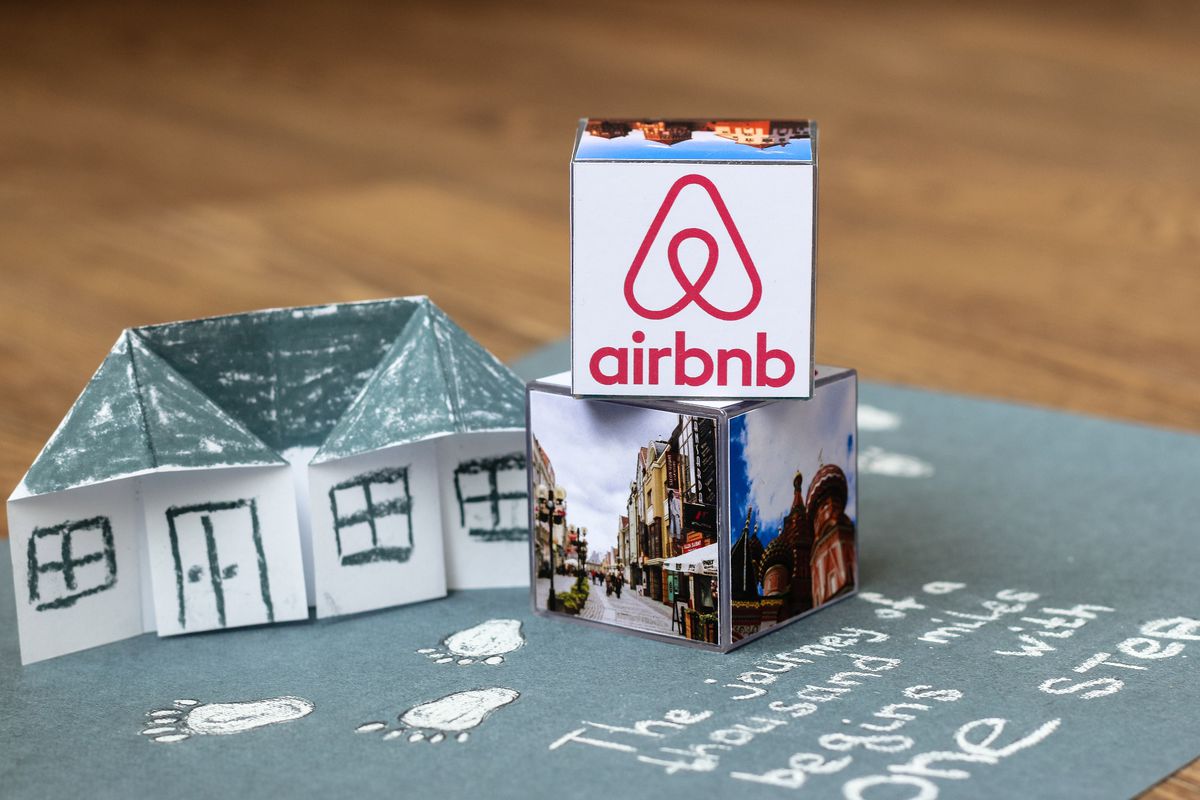
Venturing into real estate investing and specifically considering renting out a home as an Airbnb can be exciting, but it comes with its own set of challenges. Here are some warnings and considerations for someone new to real estate investing and Airbnb hosting:
- Regulatory Compliance:
- Be aware of local zoning laws, homeowners association (HOA) regulations, and any other legal requirements related to short-term rentals. Failure to comply with regulations can result in fines and legal issues.
- Market Volatility:
- Airbnb rental income can be subject to market volatility, especially during economic downturns or unforeseen events. Be prepared for fluctuations in demand and adjust your strategy accordingly.
- Seasonal Demand:
- Consider the seasonality of the market. Some locations may experience peak demand during certain times of the year, while others may have consistent demand throughout.
- Property Damage and Wear:
- Understand the potential for higher wear and tear on your property due to frequent turnover of guests. Screen guests carefully, and consider implementing security deposits to mitigate potential damage.
- Local Competition:
- Be aware of the level of competition in your area. A saturated market may impact your ability to attract bookings and achieve desired rental rates.
- Management Time Commitment:
- Airbnb hosting requires time and effort for guest communication, cleaning, and property maintenance. Assess whether you have the capacity or willingness to manage these responsibilities yourself or hire a property manager.
- Guest Vetting:
- Develop a thorough vetting process for guests. Airbnb provides reviews and ratings, which can help you assess the suitability of potential guests.
- Financial Planning:
- Have a clear financial plan that includes budgeting for property management, utilities, cleaning services, and potential vacancy periods. Ensure that your expected income covers all associated costs.
- Local Community Impact:
- Consider the potential impact of short-term rentals on the local community. Some areas have faced issues related to noise, disruption, and changes in neighborhood dynamics.
- Insurance Considerations:
- Check with your insurance provider to ensure that your homeowners or rental insurance covers short-term rentals. You may need additional coverage to protect against potential liabilities.
- Cancellation Policies:
- Establish clear cancellation policies to protect your income in case of guest cancellations. Airbnb has different cancellation policies to choose from.
- Continuous Learning:
- Stay informed about changes in Airbnb policies, local regulations, and market trends. Continuous learning is essential for adapting your strategy and maintaining a successful Airbnb business.
- Emergency Preparedness:
- Have a plan for emergencies, such as property damage, guest disputes, or unforeseen events. Being prepared can help you handle challenging situations more effectively.
- Taxes:
- Understand the tax implications of Airbnb income, including potential local occupancy taxes. Keep accurate records of income and expenses for tax reporting.
- Local Services and Support:
- Identify local services and support for Airbnb hosts, such as cleaning services, maintenance professionals, and legal advice. Having a reliable network can make management smoother.
Before diving into Airbnb hosting, thoroughly research the market, understand the associated responsibilities, and assess your own capacity to manage the property effectively. Seeking advice from experienced hosts and professionals in the industry can also provide valuable insights.


